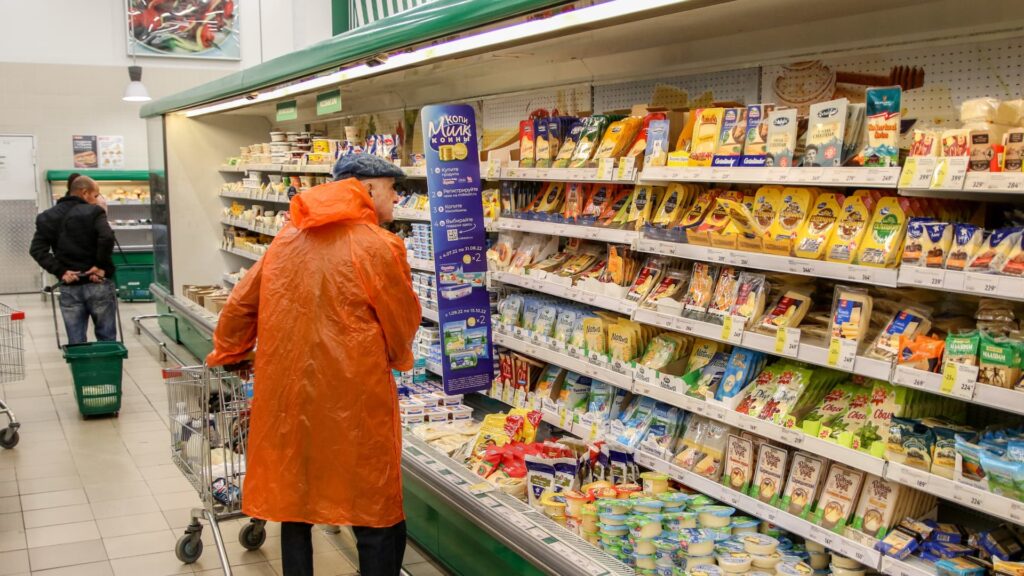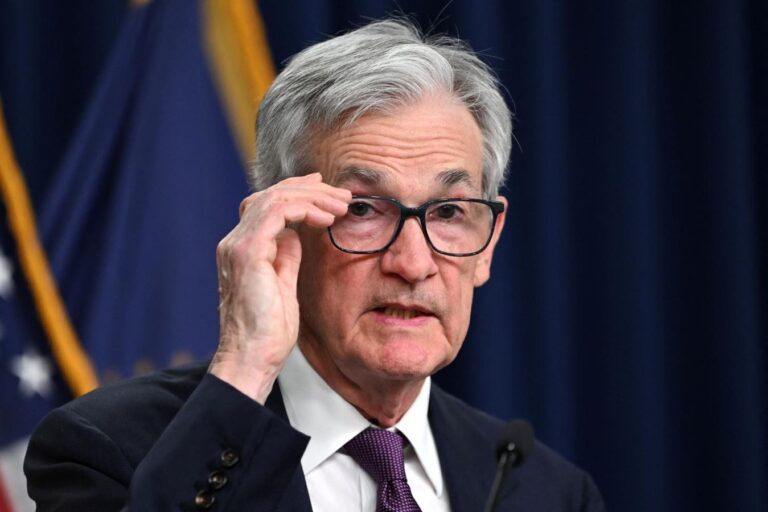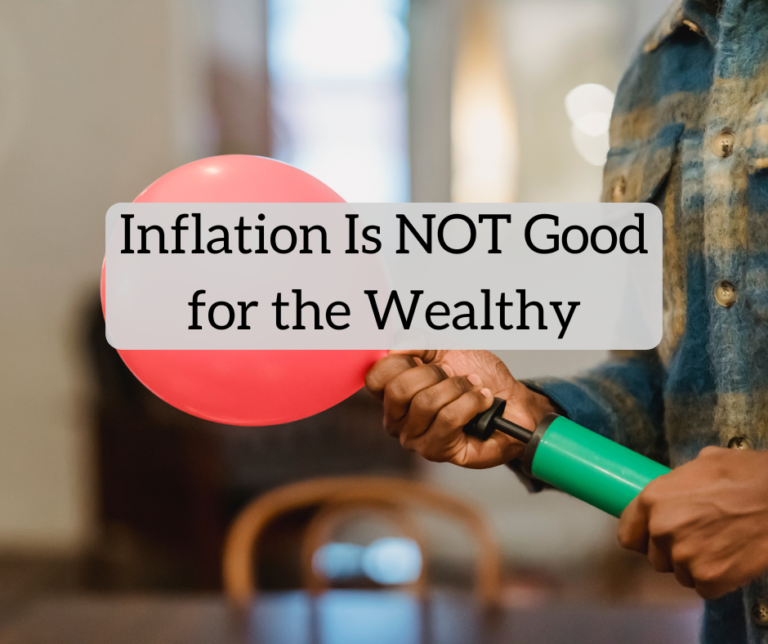
Russia's central bank is 'losing the battle' against inflation
- USD/INR strengthens after Indian WPI inflation data
- Taking control of holiday spending amid inflation increase
- Fed’s preferred inflation gauge shows price increases fell in November
- Eurozone Inflation Revised Down Slightly In November
- UK inflation rises further above Bank of England’s target in November
A customer with a cart chooses cheese at the Okey supermarket in St. Petersburg.
Bạn đang xem: Russia’s central bank is ‘losing the battle’ against inflation
Sopa Images | Lightrocket | Getty Images
Russia’s central bank is expected to carry out a mammoth rate hike later this week as inflation continues to soar in the war-focused economy.
Russia’s consumer price index continues to rise despite repeated rate hikes by the central bank designed to tame the rampant price rises. The consumer price index hit 8.9% in November compared to the same month in the previous year, up from 8.5% in October, driven principally by rising food prices.
A weaker ruble — following new U.S. sanctions in November — has also fueled inflation, driving up the cost of imports into Russia, a country whose economy has been hit hard following its invasion of Ukraine in 2022.
Economists now expect Russia’s central bank, the CBR, to hike rates by 200 basis points at its meeting on Dec. 20 — taking the country’s key interest rate to 23%.
“The renewed acceleration in Russian inflation to 8.9% year-on-year in November, and likelihood of further increases in the coming months, argue strongly in favour of another large interest rate hike from the central bank,” Liam Peach, senior Emerging Markets economist at Capital Economics, said in a note last week.
Prices are set to continue to rise, he added, with inflation likely to rise “far above” 9.0% year-on-year by the end of 2025.
“With firms’ price expectations also hitting new highs recently, there’s a clear argument that the central bank is losing the battle against inflation and that it will be forced to hike rates sharply again … A 200 basis point rate hike is the base case in our view, but there are arguments in favour of a larger hike,” Peach said.
Price rises
The central bank enacted a 200 basis point rate hike at its last meeting in October, warning that inflation was running “considerably above” its summer forecast and that inflation expectations continue to increase.
Xem thêm : US cuts interest rates despite inflation risk
“Growth in domestic demand is significantly outstripping the capabilities to expand the supply of goods and services,” the CBR said in a statement.
Russian consumers have been hit especially hard as basic foodstuffs, such as butter, eggs, sunflower oil and vegetables, have seen high double-digit price increases as demand outstrips supply.
Russia’s war against Ukraine has also caused labor and supply shortages which have pushed up wage and production costs — and these costs have ultimately been passed on to consumers. The government, however, blames the high cost of living on sanctions imposed on Russia by “unfriendly” countries. For his part, Russian President Vladimir Putin has denied swapping “butter for guns.”
The International Monetary Fund predicts Russia will log 3.6% growth in 2024 before a deceleration next year, when 1.3% growth is forecast. The “sharp slowdown,” the IMF said, was envisaged “as private consumption and investment slow amid reduced tightness in the labor market and slower wage growth.”
Customers shop for milk and dairy items inside an Auchan Retail International hypermarket in Moscow, Russia.
Bloomberg | Bloomberg | Getty Images
Weak ruble
While Russia has looked to evade the pain of sanctions with import substitution and oil and gas exports to countries willing to accept them, international penalties are hurting.
The Russian ruble fell sharply against the dollar in November, weakening to 114 against the greenback — its lowest level since March 2022 — after another round of U.S. sanctions targeted Russia’s third-largest bank Gazprombank. The measures are aimed at preventing the bank — which the U.S. Treasury said acts as a conduit for Russia to purchase military materials and pay Russian soldiers — from handling any energy-related transactions that involve the U.S. financial system.
Russian conscripts called up for military service sit in a bus before their departure for garrisons, in Bataysk in the Rostov region, Russia November 16, 2024.
Sergey Pivovarov | Reuters
The ruble’s sharp move lower prompted the central bank to intervene to prop up the currency, with the CBR saying it would halt foreign purchases on the domestic currency market for the rest of the year “in order to reduce the volatility of financial markets.”
Xem thêm : PRC infrastructure scheme drowns Laos in heavy debt, high inflation – Indo-Pacific Defense FORUM
Putin commented on the situation last month, insisting that the situation is under control.
“There are absolutely no grounds for panic,” Putin told reporters, news agency RIA Novosti reported.
U.S. dollar/Russian ruble FX spot rate
“As for the fluctuations in the ruble exchange rate, this is connected not only with inflation processes, it is also connected with payments to the budget, it is connected with oil prices. There are many factors of a seasonal nature,” he added, in comments translated by Google.
The ruble has strengthened in recent weeks but remains down around 3% against the dollar over the past month. It was last trading at 103 against the greenback Monday.
There’s little that Russia’s central bank can do to tackle inflation— and the ruble’s deterioration — while the war continues, according to analysts Alexandra Prokopenko and Alexander Kolyandr.
“The fundamental reasons for the ruble’s weakness have not gone anywhere, and the dynamic of Russia’s trade flows means the currency is destined to falter and inflation to rise,” they noted in analysis for Carnegie Politika.
“As the Russian economy slows despite significant state spending, the dynamics of the ruble exchange rate suggest the country is heading for stagflation (a toxic combination of slow growth and rising prices),” they said.
“The root cause is the war and ensuing Western sanctions and militarization of Russia’s economy. The country’s financial authorities don’t have the power to solve this problem — and they’re even afraid to speak about it publicly.”
Nguồn: https://estateplanning.baby
Danh mục: News




